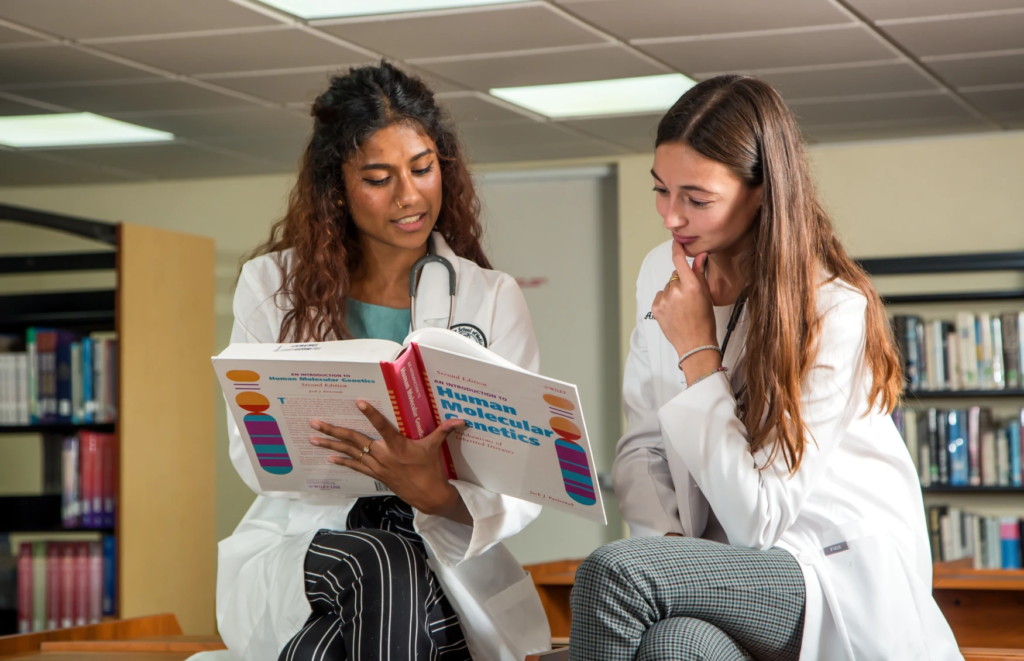You’ve toured some pharmacy schools and thought deeply about what matters most to you—but what are admissions committees really looking for? This guide answers common questions aspiring pharmacists often ask and shares tips to help you stand out as a strong applicant.
Do I Need a Bachelor’s Degree to Apply?
No, a bachelor’s degree is not required for most pharmacy schools. You must complete at least two years of undergraduate coursework, though many applicants complete three or more years before starting a PharmD program. Some schools do give preference to applicants with a bachelor’s degree, but even those with higher degrees must still complete all four academic years (or three calendar years) of pharmacy education.
American Association of Colleges of Pharmacy offers more on pharmacy education pathways.
What College Courses Should I Take?
Prerequisite courses vary from school to school, but generally include subjects like biology, chemistry, anatomy, and calculus. Be sure to research each pharmacy program you’re interested in to make sure you meet their specific course requirements.
Refer to the PharmCAS School Directory to view course requirements by program.
Should I Choose Pre-Pharmacy as My Major?
You don’t have to major in pre-pharmacy to get into pharmacy school. Biology is a common choice, but students from English, business, or even arts backgrounds are accepted—as long as they complete the necessary prerequisites. If your major doesn’t include these courses, plan to take them as electives.
What GPA Do I Need?
Most pharmacy schools set a minimum GPA requirement, but many also review applications holistically. This means they’ll also consider your experiences, communication skills, and motivation for entering the field. Still, it’s wise to aim for strong grades—especially in science and math.
View accepted student GPA ranges in the PharmCAS GPA and Test Data section.

Do Schools Look at Class Rank?
Yes, some programs may consider your class rank as an additional indicator of academic performance. Doing well relative to your peers can boost your application.
How Are Repeated Courses Treated?
This varies by institution. Some schools only count your most recent grade, while others average the two. If you’ve struggled with a required science class, consider retaking it to strengthen your GPA.
What Kind of Experience Do I Need?
Experience as a pharmacy technician or through shadowing can be helpful, but it’s not always required. What matters more is demonstrating qualities like strong communication, a passion for science, and a genuine interest in patient care—all of which can be gained through a wide range of volunteer or work experiences.
Final Thoughts
Every pharmacy school is different, so take the time to research and connect with admissions departments directly. Focus on your strengths, stay organized, and most importantly—don’t give up. You’ve got this!
Also Read : A Day in the Life of a Pharmacist and PharmD Professor
